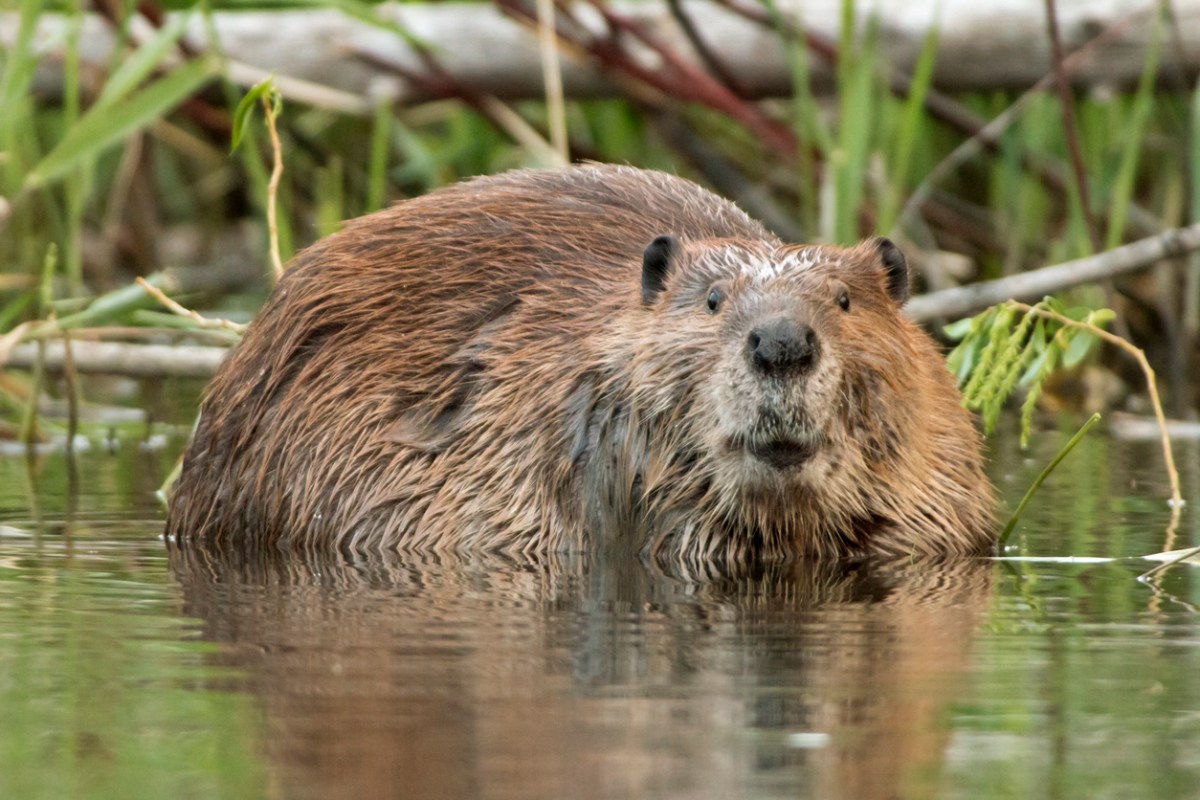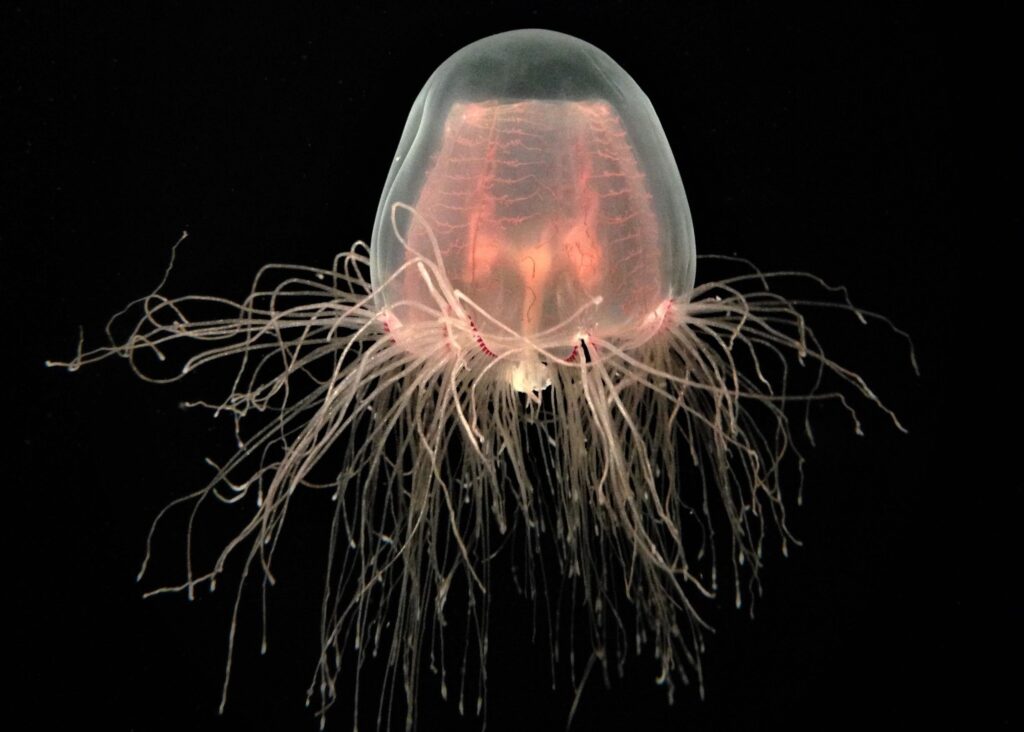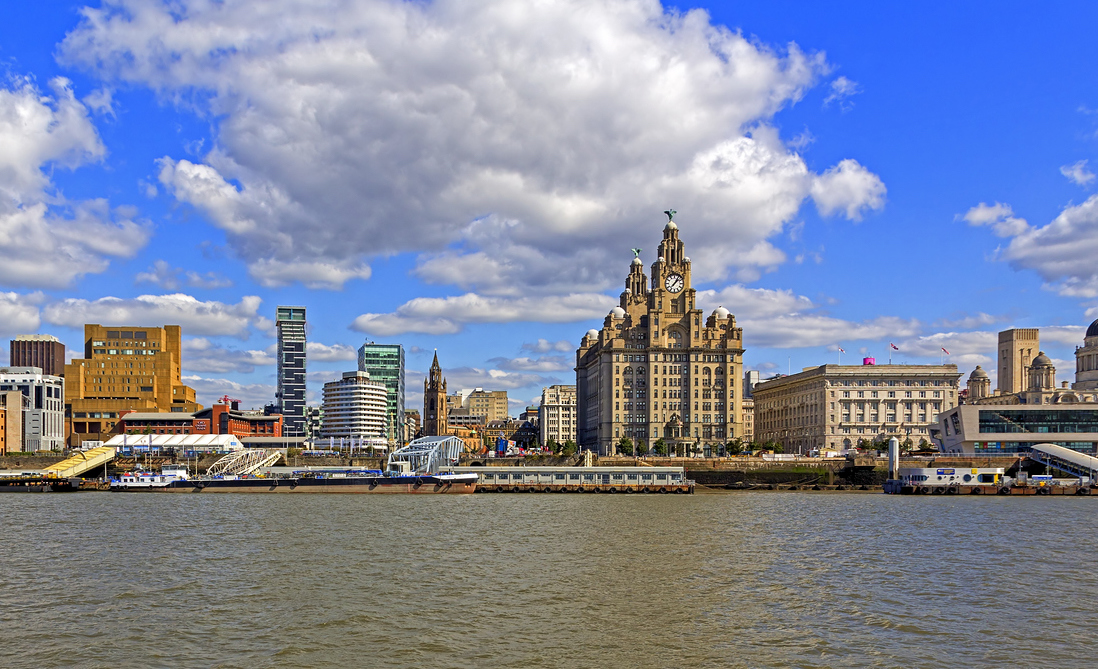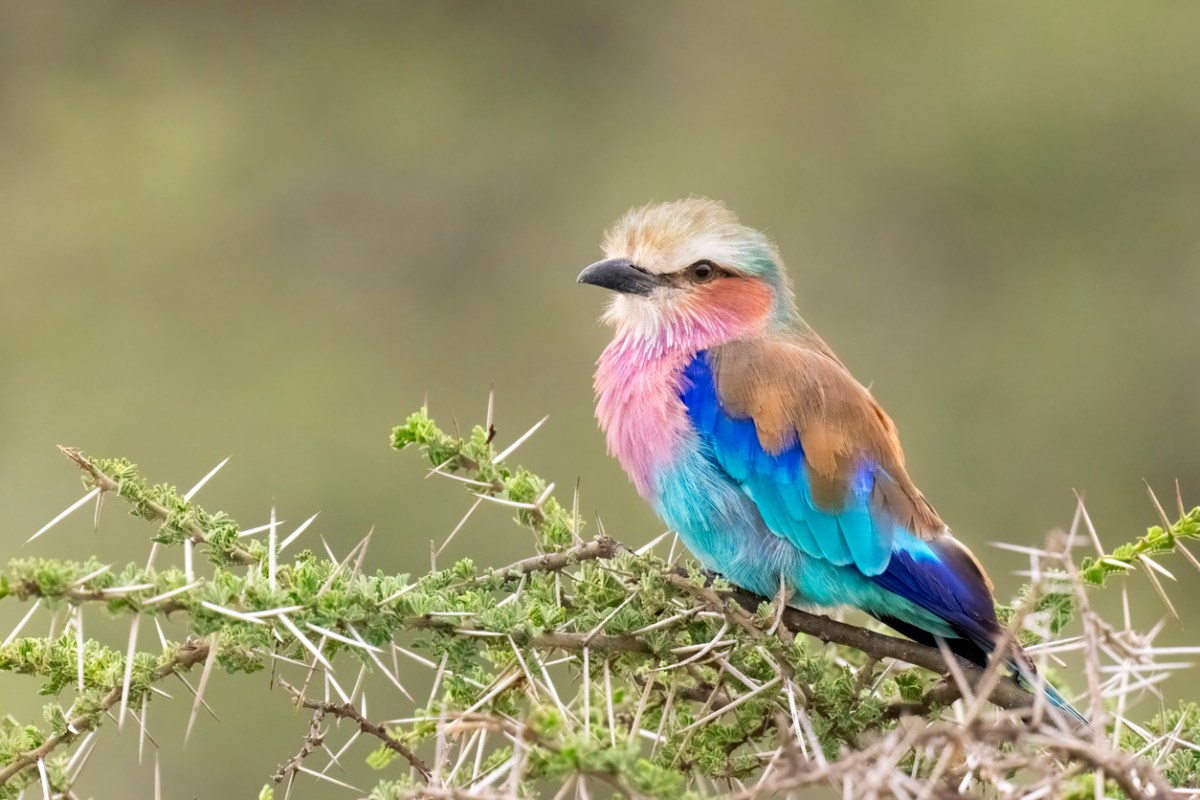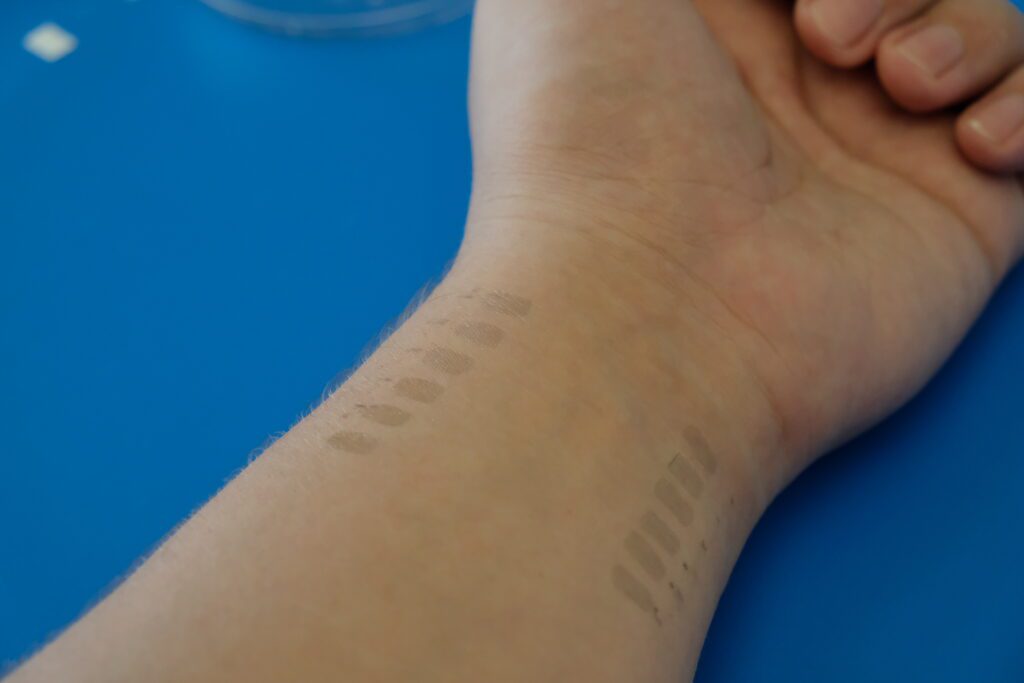With at least 5.25 trillion pieces of plastic in the ocean as of 2015 and a staggering 14 million tons added every year, the world’s governments and scientists are urgently trying to find a solution. Recently, researchers have turned to microbes as a potential remedy, having discovered that bacteria like Rhodococcus ruber can digest plastic. Unfortunately, many of those microorganisms typically only operate at temperatures reaching 30 degrees Celsius (86 F) and above when bioengineered at large scale. This can make the process both costly and non-carbon neutral.
That’s why new findings in the Arctic and Alps are all the more surprising: Scientists from the Swiss Federal Institute WSL located microbes that are able to digest plastic at low temperatures. Publishing their results in Frontiers in Microbiology, researchers identified two fungal species (in the genera Neodevriesia and Lachnellula) in particular as being able to digest three different kinds of plastic.
RELATED: New UN Report Says the World Can Cut 80% of Plastic Pollution by 2040 — Here’s How
The discovery could be a potential game-changer in reducing plastic waste worldwide. Microbiologist Joel Rüthi, first author of the study, said in a statement, “These organisms could help to reduce the costs and environmental burden of an enzymatic recycling process for plastic.”
The team examined 34 microbes (19 strains of bacteria and 15 fungi) found in Svalbard, Greenland, and Switzerland. These microbes were found growing on free-lying plastic litter and plastic that had been intentionally buried in the ground for at least a year, as well as in the soil itself. Sampling 26 strains from the Alps and eight from the Arctic, the scientists isolated the microbes and grew single-strain cultures in the lab at 15 C under the conditions of darkness.


The research team has identified the bacteria as belonging to 13 genera in phyla Actinobacteria and Proteobacteria. Meanwhile, they classified the fungi to 10 genera in the phyla Ascomycota and Mucoromycota. The team tested the microbes ability to break down several types of plastic: polyester-polyurethane (PUR), conventional polyethylene (PE), polybutylene adipate-co-terephthalate (PBAT), and polylactic acid (PLA).
After a 126-day period, unfortunately, none of the strains showed an ability to digest PE. However, 56% of the microbes tested were able to digest PUR. As for PBAT and PLA, 14 fungi and three strains of bacteria were able to break down the material.
“It was very surprising to us that we found that a large fraction of the tested strains was able to degrade at least one of the tested plastics,” said Rüthi.
RELATED: A Recycling Center at a Refugee Camp Is Turning Plastic Waste Into Beautiful New Items: Photos
As mentioned above, fungal strains 800 (Neodevriesia sp.) and 943 (Lachnellula sp.) showed the most promising results from the study. In addition to being able to break down all biodegradable components, they were also able to digest pure PBAT polymer.
While the results are promising, there’s still more research and future testing to be done. For one, the research team only tested the microbes at 15 degrees Celsius, but the microbes can grow in temperatures between 4 and 20 C. Future testing could reveal what the best temperature may be.
“The next big challenge will be to identify the plastic-degrading enzymes produced by the microbial strains and to optimize the process to obtain large amounts of proteins,” said study co-author Beat Frey. “In addition, further modification of the enzymes might be needed to optimize properties such as protein stability.”



